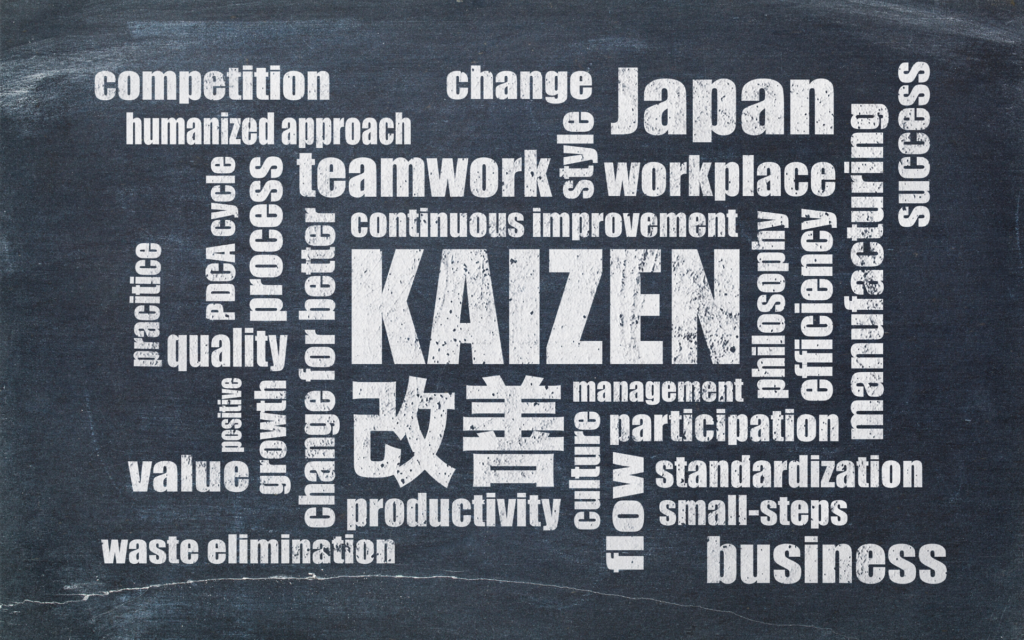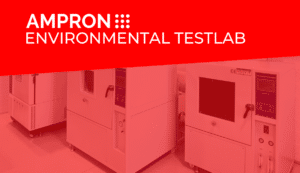Why use TPS?
By using TPS manufacturing, we keep improving the manufacturing processes and keep our personnel motivated and their work easy. Simplicity throughout our processes will assure us that mistakes and errors will not end up in our end-product.
This way we keep out the waste from our price component. Waste in processes or human actions during the manufacturing might have a big impact on the pricing of the product as wasted movements, time, and over-processing add up and logic says, businesses will add this to the final price that has to be paid by the customer.

Using Kaizen approach
One of our leading concepts used in manufacturing is Kaizen. That means continuous improvement. We take it very seriously and implement it in all our processes and behavior. It has been integrated deeply into our manufacturing floor daily activities. All the mistakes and non-conformities are resolved right there and at the moment they occur. Floor personnel discuss the mistakes at their morning meetings and decide how the process should be improved that such mistakes would not happen in the future. The process will be changed accordingly at that moment and monitored by the people if that improved things.
This approach means that we don’t have to wait for the monthly meetings to discuss the issues and problems that occur on the manufacturing floor. All the tiny mistakes are resolved right there and right at the moment. This way we never have big mistakes or non-conformities.

Using Heijunka
Heijunka (pronounced hey-june-kuh) is a Japanese word that means leveling. We make constant improvements in leveling of the production to improve our processes. That leads to less waste and meeting customer needs. To understand more about the concept, read an article at KanbanTools page: What is Heijunka?”

Testing and Validation
All our products are tested through the FAT (Factory Acceptance Test) process. This process has a checklist with over 30 items. Every item means visual and physical control. After the checklist, every display goes under 72 hours stress test. This is the series of visuals that will test thoroughly that every LED will work as it should before going into the hands of the customer. That means we do not have any failed batches.

Personnel as Quality Inspectors
In addition to the factory test checklist, we have our factory floor personnel acting as quality inspectors. We have in total of four working position steps. After display enters the next position, people at the new position will visually and physically inspect the work that has been performed by the previous position. If they find any mistakes that need rework of more than 15 minutes, the unit will go back to the previous position and it will be repaired at that right moment. This will stop the line but will assure that the people at the right working position will learn what the issue was and can improve the process right there and at that moment so that the result of the process error will not go into the next unit production.

More about TPS (Toyota Production System) may be read at Toyota Global homepage







